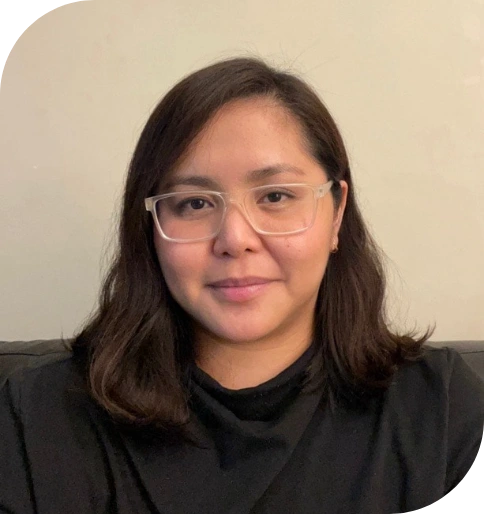
Experience expert, compassionate online support from NDIS professionals who understand psychosocial disability, designed to help you build resilience and achieve your goals, all from the comfort of your home.
Start your therapy journey today.
Book appointments that fit your lifestyle.
Access top-quality care, wherever you are.
Sessions in your familiar environment.
Evidence-based online therapy.
Our online NDIS psychosocial recovery coaching empowers you to live the life you want, with compassionate, expert support from professionals with lived experience of mental health conditions, challenges, trauma, or significant life changes. Our independent coaches focus on your goals, offering personalised, collaborative support that addresses the bigger picture of your life. Accessible anywhere in Australia, our telehealth sessions remove the stress of travel and ensure top-class support, whether in a remote area or seeking convenience.
Join the hundreds of other NDIS participants who have built resilience, achieved their goals, and found a dedicated coach in their corner with Goal Coach.

Receive a personalised recovery plan with clear goals and coordinated NDIS services, helping you navigate daily life and engage in social and community activities.
Build your strengths and resilience with our recovery coaches, boosting your capacity and confidence to manage complex challenges and steadily achieve your goals.
Benefit from holistic support that respects your preferences. We advocate for your needs with NDIS and other services, ensuring informed decision-making.
Stay in control and prepared for any challenges with our support in future planning, advance directives, and crisis management.
Feel supported and understood with our compassionate psychosocial recovery coaches, many with lived mental health experience, who celebrate your successes and tackle challenges with you.
Experience tailored, holistic support that addresses all areas of your life and goals, working with you collaboratively and treating you as an individual beyond your diagnosis.
Meet our friendly coaches and therapists dedicated to supporting you every step of the way. We’ll match you with someone who understands your journey and helps you achieve your goals.”
STEP 1
Easily schedule a time for a free video call with one of our senior practitioners. We'll confirm your therapy needs, review your NDIS plan, and ensure the technology works smoothly.
STEP 2
In your first session, you’ll meet your dedicated NDIS recovery coach to discuss your challenges and NDIS goals. Together, we’ll create a personalised recovery plan tailored to your needs, helping you get the most from your NDIS plan.
STEP 3
Your recovery coach will provide regular, ongoing support to help you build capacity, including strengths and resilience, and adjust your recovery plan to ensure continuous progress. They will also connect you with relevant mainstream and NDIS support services.




A psychosocial recovery coach is a professional who assists individuals with psychosocial disabilities in managing their mental health and achieving their personal goals. They work collaboratively with clients to develop personalised recovery plans, build capacity, and connect with relevant support services.
Recovery coaching is distinct from support coordination. While both roles involve understanding the NDIS, building community connections, and helping you achieve your NDIS goals, recovery coaches have specialised expertise in mental health. They provide personalised support, focusing on empowering individuals with psychosocial disabilities to live fulfilling lives beyond their diagnosis. Additionally, recovery coaches assist with NDIS reviews, establish supports, problem-solve, and manage unexpected situations, offering a holistic approach to recovery.
Read our Recovery Coach vs. Support Coordinator blog to learn more.
Our recovery coaches provide compassionate support for a range of psychosocial disabilities and mental health conditions, including:
Anxiety disorders
Schizophrenia
Obsessive-compulsive disorder
Severe and persistent depression
Goal Coach recovery coaches possess relevant qualifications such as a Certificate IV in Mental Health Peer Work or related fields. They also have extensive experience in mental health services, specialised training in psychosocial disability, and a deep understanding of the NDIS framework. Our coaches combine their professional expertise with personal insights to provide empathetic and effective support.
As of July 2024, the standard hourly rate for NDIS recovery coaching in metropolitan areas is $101.42. If you do not have an NDIS plan but are interested in accessing our qualified and experienced staff, reach out to our customer success team for more information.
In addition to NDIS recovery coaching, Goal Coach offers a variety of online NDIS services to support your needs:
If you are unsure which service is right for you, contact our team, and we can guide you to find the help you need.

Jana, our service specialist, will reach out to help determine which of our NDIS supports best meets your needs and answer any questions you may have.